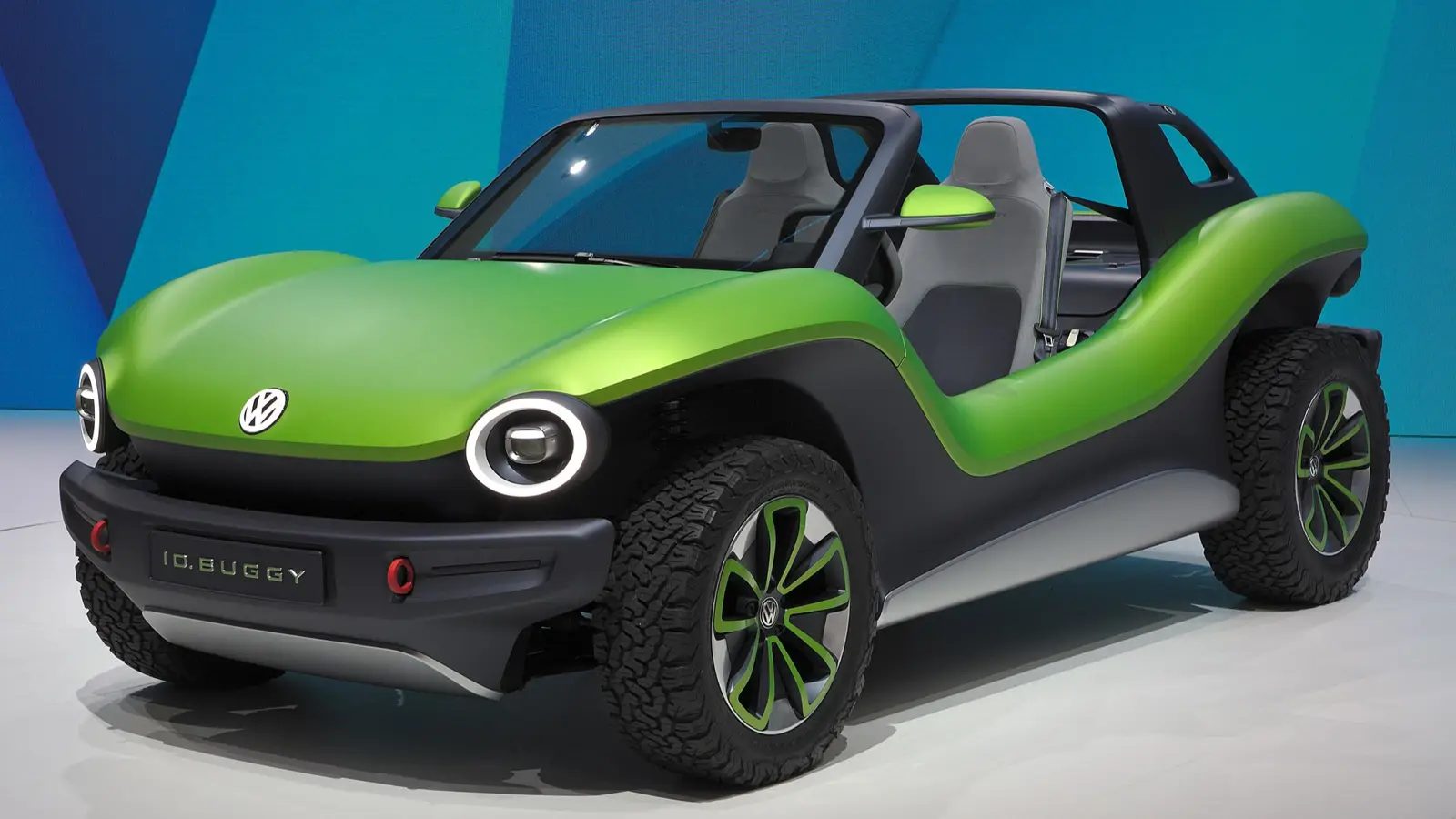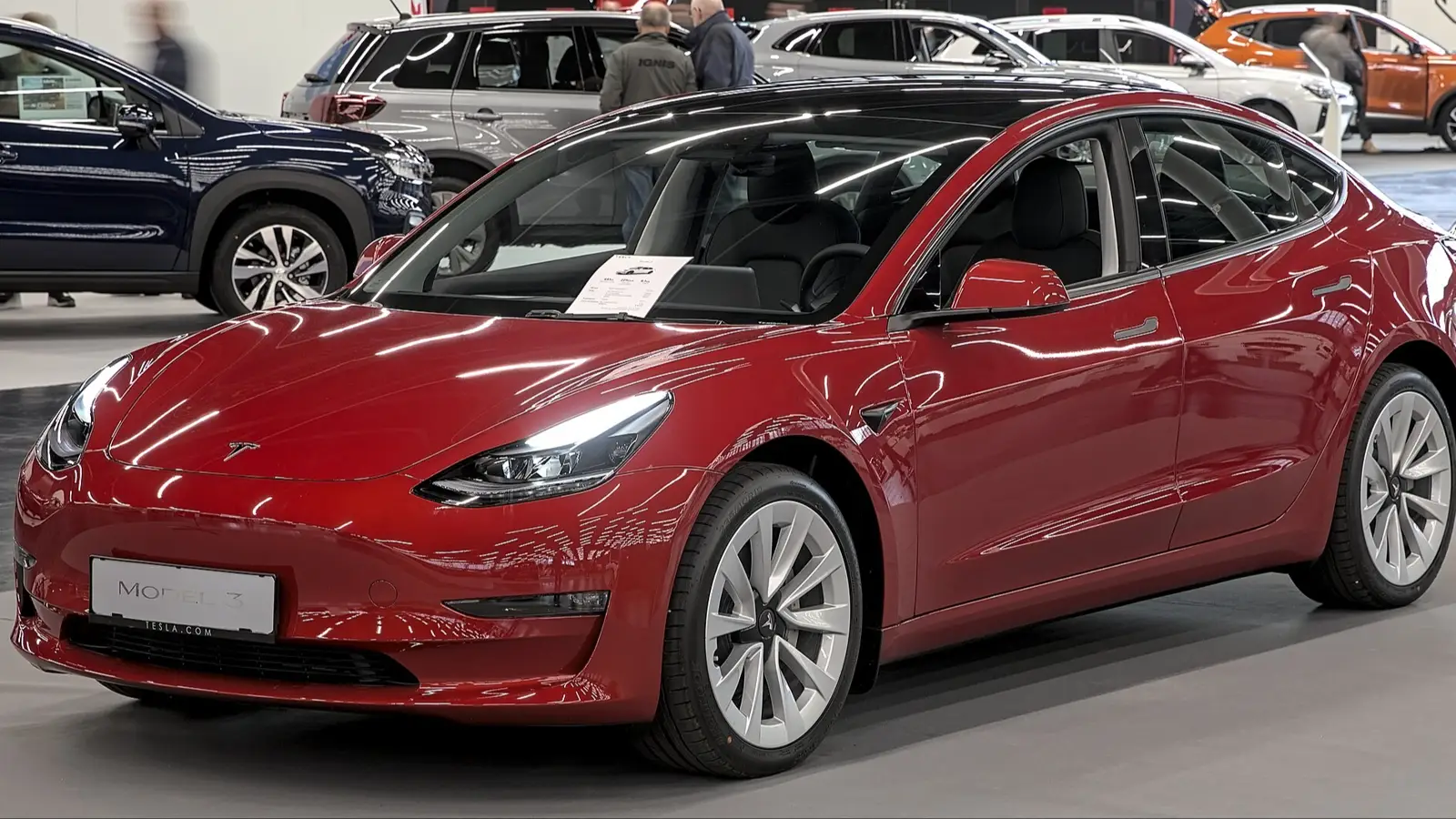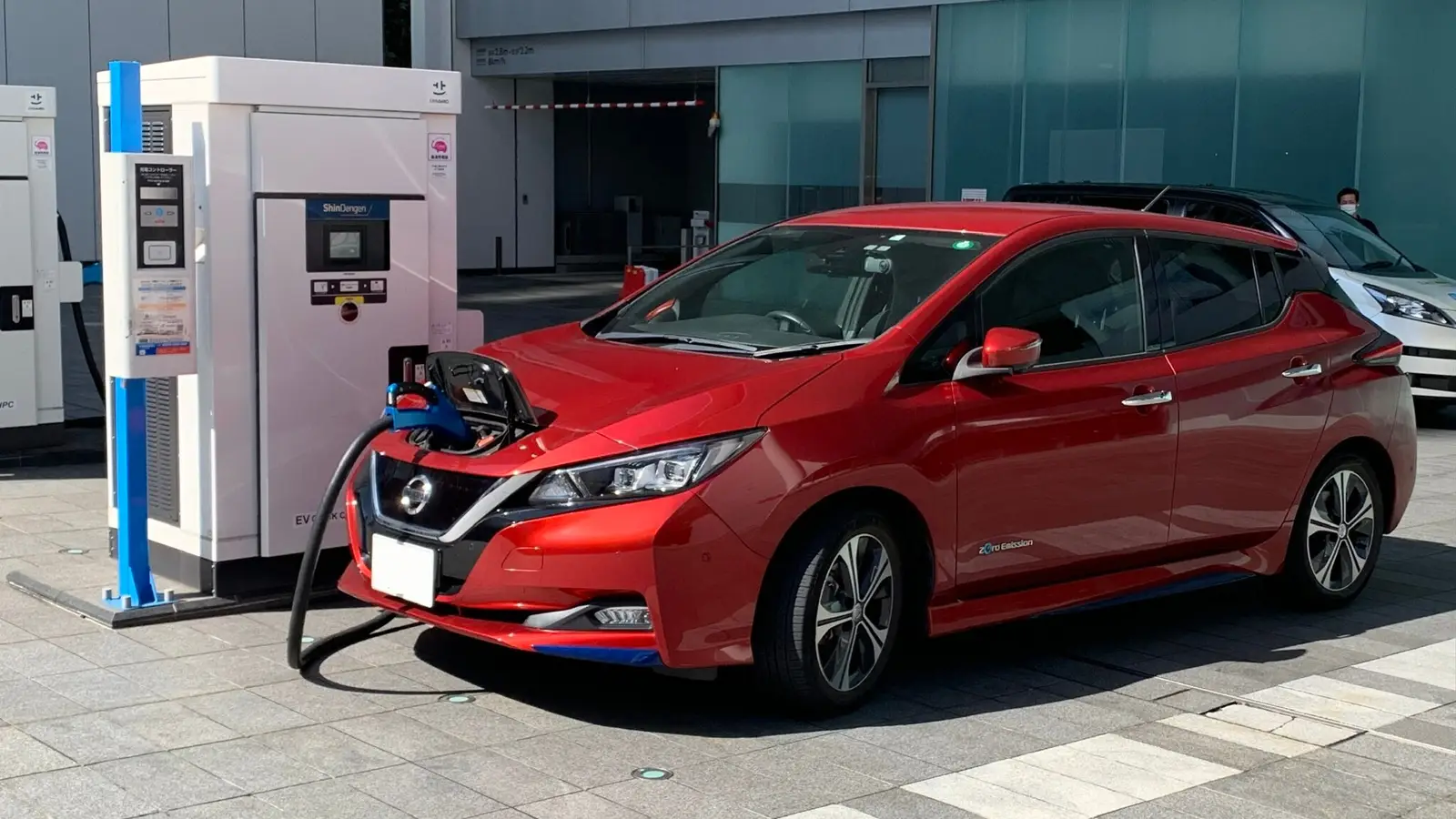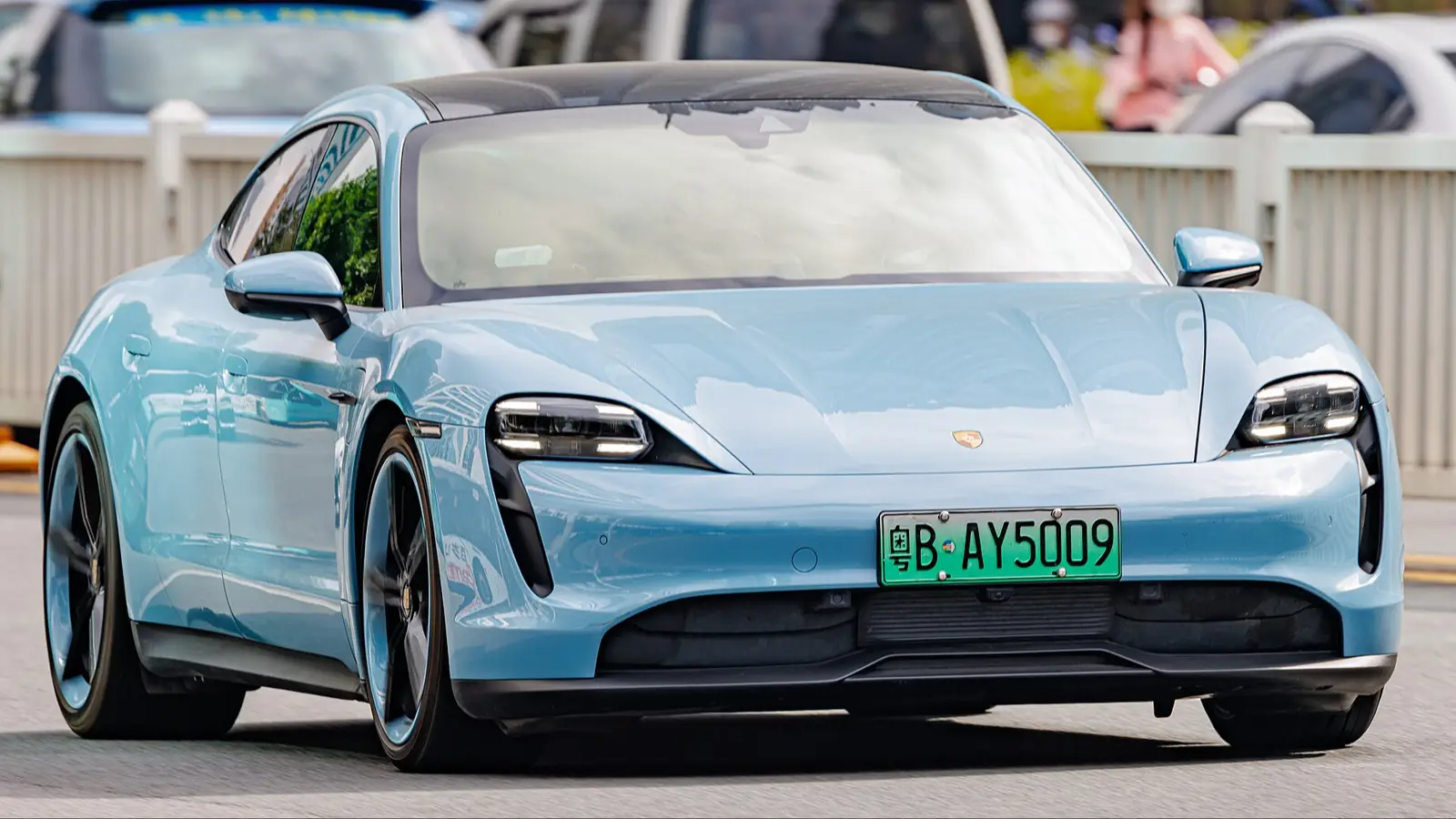The Three Electric Vehicles That Transformed the Automotive World

Discover how Tesla Model 3, Nissan Leaf, and Porsche Taycan have influenced the EV revolution. Learn about their impact, features, and what makes them industry leaders.
Electric cars have come a long way over the past 15 years. Once seen as a niche choice for enthusiasts, they are now taking over the automotive market. Some models set new technological benchmarks, others redefine power and speed, while some make electric mobility accessible to everyone. In this article, we explore three key electric vehicles that shaped the industry’s direction: Tesla Model 3, Nissan Leaf, and Porsche Taycan.
Tesla Model 3: The Game Changer

When Tesla introduced the Model 3 in 2017, the electric vehicle market was already on the rise. However, this model took it to the next level, making EVs mainstream. By 2021, the Model 3 had become the world’s best-selling electric car, surpassing one million units sold.
What makes it so successful? Tesla managed to combine cutting-edge technology with a relatively affordable price (compared to other premium EVs). Depending on the configuration, the Model 3 offers a range of up to 576 km and can accelerate from 0 to 100 km/h in just 3.1 seconds. Its minimalist design and advanced autopilot system make it a symbol of technological progress.
The impact of the Model 3 on the industry is undeniable. It forced major automakers to invest heavily in competitive electric vehicles, accelerating the global shift toward electrification.
Nissan Leaf: The EV for Everyone

If the Model 3 reshaped the perception of EVs, the Nissan Leaf made them truly accessible. Since its debut in 2010, this electric car has become one of the best-selling EVs worldwide, with over 577,000 units sold.
The Leaf is known for its simplicity, reliability, and convenience. The latest version offers a range of up to 385 km and can accelerate to 100 km/h in 7.9 seconds. While it may not be the fastest EV, it was never meant to be. Instead, it provides an affordable and practical solution for everyday drivers looking to transition to electric mobility.
Given its popularity and continuous improvements, the Nissan Leaf is expected to evolve further, becoming even more efficient and accessible in the coming years.
Porsche Taycan: Redefining Performance

When people think of electric cars, they often imagine compact, eco-friendly city vehicles. But the Porsche Taycan, launched in 2019, shattered that stereotype.
As Porsche’s first fully electric sports car, the Taycan embodies the brand’s DNA. The Turbo S variant accelerates from 0 to 100 km/h in just 2.4 seconds and offers a range of up to 484 km. It also features a luxurious interior, state-of-the-art technology, and exceptional handling.
The Taycan’s arrival marked a turning point for the industry, proving that EVs can deliver the same adrenaline-fueled experience as traditional sports cars. It’s a testament to the fact that electric propulsion isn’t just about efficiency—it’s about limitless possibilities.
Conclusion
Tesla Model 3, Nissan Leaf, and Porsche Taycan represent three different aspects of EV evolution: mass-market appeal, practicality, and high-performance excitement. Together, they shape a future where electric cars are not just an alternative to gasoline-powered models—they are the superior choice.
The future is here, and it’s electric.
Ethan Rowden
2025, Feb 18 21:27


